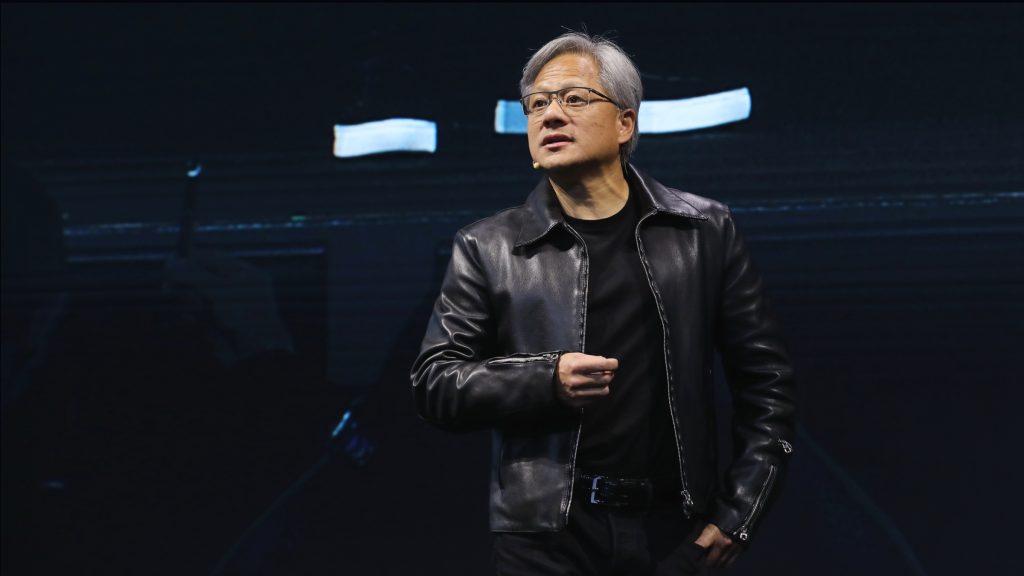
On June 9, during London Tech Week, Nvidia CEO Jensen Huang spoke alongside UK Prime Minister Keir Starmer, highlighting the UK’s bright AI community but warning that without its own AI infrastructure, the country risks falling behind global competitors.
Huang’s words resonated with leaders in tech summit London Tech Week on how a sense of urgency to end the UK’s infrastructure deficit, insisting that local computing capabilities development is key to unleashing the full potential of AI innovation, despite the country’s AI talent and startups.
UK’s Leading AI Talent
At London Tech Week 2025, tech visionary Huang pointed out a critical paradox: the UK has the world’s most impressive AI ecosystem, boasting enviable talent and venture capital. However, it significantly lacks native AI infrastructure.
This gap threatens to limit breakthroughs and the expansion of promising startups. The UK’s vibrant AI sector, despite its global prominence in talent and investment, faces this crucial hurdle. This deficiency, highlighted by Huang, could bottleneck cutting-edge AI breakthroughs and impede the growth of innovative startups, risking the UK’s potential for leadership in the rapidly evolving AI field.
“Infrastructure enables more research, more research, more breakthroughs, more companies,” Huang said, “That flywheel will start taking off. It’s already quite large, but we’re just going to get that flywheel going.”
Nvidia’s stepping in to close that gap with a plan revealed at the London Tech Week AI summit to build a new UK-based AI lab to train engineers and expand local AI platforms.
Starmer has also announced a new “UK sovereign AI industry forum” as well as partnerships with cloud providers to use thousands of its Blackwell GPU chips locally, to increase the UK’s computing power and supporting its position in the AI race.
UK Prime Minister Sir Keir Starmer seconded Huang’s sense of urgency, highlighting the government’s intention to commit almost $1.23 billion (£1 billion) to AI compute research by 2030.
“We need to showcase what we have,” Starmer said, emphasizing AI’s power to change everything from healthcare to education throughout the UK.
Europe’s AI Ambitions Grow
It is London’s time as part of a larger European initiative to create sovereign AI infrastructure.
In Europe, countries like France, Germany, and Sweden are all heavily investing in developing AI supercomputers and research facilities attempted to transform strong AI communities into global leaders with local hardware and software.
Huang proceeded with his European trip to Paris, where Nvidia’s GTC conference will demonstrate additional AI advancements and collaborations, highlighting just how Europe is racing to install the infrastructure to meet its AI aspirations. Huang’s message was bold and clear. Without serious investment in AI infrastructure, the UK will fall behind.
London Tech Week highlights how the UK today standing at a crossroads; to fully harness its world-class AI ecosystem, it must urgently create foundational infrastructure leading to a bright AI future.
London Tech Week Resume
The warnings from Nvidia’s CEO at London Tech Week sheds light on a vital issue: the UK’s impressive AI ecosystem risks being held back without its own robust infrastructure. Talent and innovation thrive, but without domestic computing power, the country will to reach the level of global leaders like the US and China.
Building this foundation in AI infrastructure is more than a tech upgrade. It’s essential for turning ideas into real-world impact. As the UK moves forward, the AI art of work at London Tech Week underlined the importance of balancing investment in infrastructure with encouraging talent will be key to securing its place at the forefront of the AI revolution.
Inside Telecom provides you with an extensive list of content covering all aspects of the tech industry. Keep an eye on our Tech sections to stay informed and up-to-date with our daily articles.